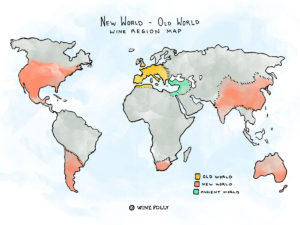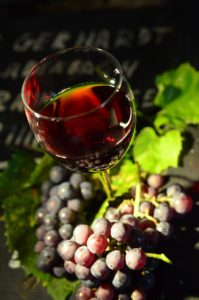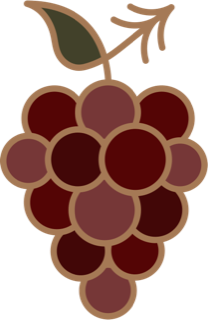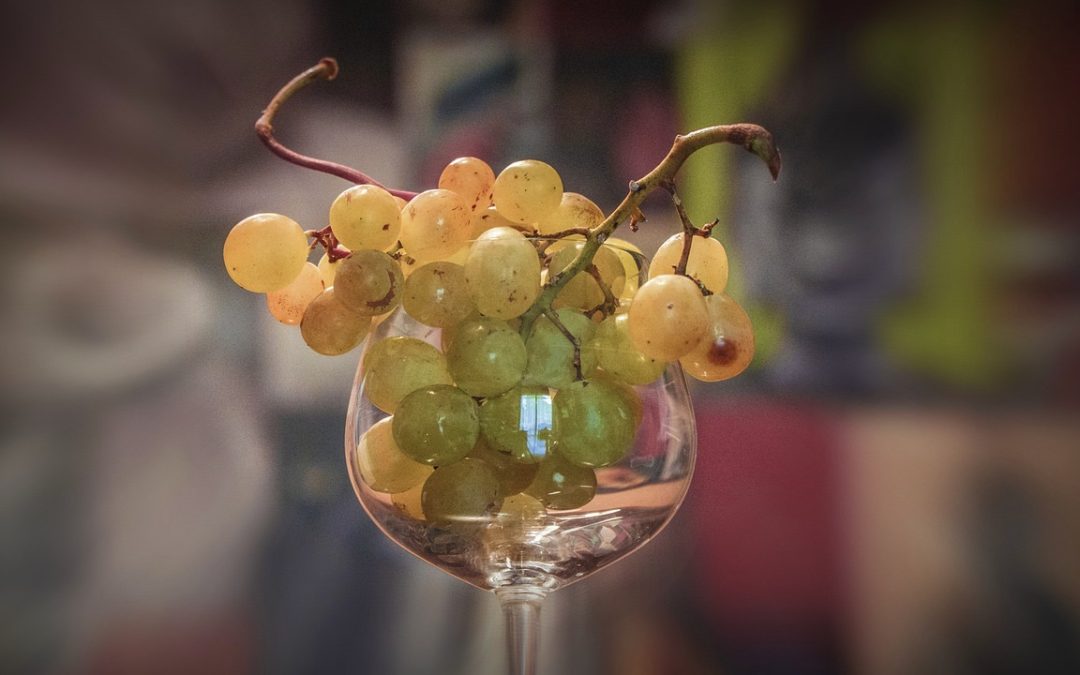Sometimes wine labeling can be confusing. I know, you’re saying…no, really? (sarcasm) So, I thought I’d do a short blog post to help clarify some of the grapes behind the Old World wines. New World wines typically will give you the name of the grape. It doesn’t always say exactly what is in a blend, but you have a pretty good idea, and it will typically be on the back label in percentages. Old World wines can be confusing because they give you the name of the wine itself but don’t give you the grape it comes from in many cases.
Well, I’m here to help clarify with a list of some of the most recognized wines from the Old World. First, here’s what I mean by “Old World” and “New World”. The term “Old World” refers to wines from regions of the world where modern winemaking first originated. So, Europe is considered “Old World”. France, Italy, Spain, Germany, Portugal, etc. The term “New World” refers to wines from regions where the winemakers used traditions of winemaking from the Old World and put a new, more modern spin to winemaking. Think the US, South America, Australia, New Zealand, South Africa, China, etc.

*photo via winefolly.com
Okay, now that that’s out of the way, let’s focus on the “Old World” wine names and labels. Here is the list of three countries most popular wines and their varietal translations to help you figure out which major grape varietals are in these Old World wines!

Wine Name Grapes in this wine
FRANCE
Beaujolais Gama
Bourgueil Cabernet Franc
Burgundy, white Chardonnay
Burgundy, red Pinot Noir
Bordeaux, white Sauvignon Blanc, Semillon
Bordeaux, red Cabernet Sauvignon, Merlot
Chablis Chardonnay
Champagne (sparkling) Pinot Noir, Chardonnay
Chinon Cabernet Franc
Pouilly-Fumé Sauvignon Blanc
Pouilly-Fuissé Chardonnay
Quincy Sauvignon Blanc
Rhône Valley, northern Syrah
Rhône Valley, southern Syrah plus Grenache, Mourvédre,others
Sancerre, white Sauvignon Blanc
Sancerre, red Pinot Noir
Savennières Chenin Blanc
Vouvray Chenin Blanc
ITALY
Barolo and Barbaresco Nebbiolo
Chianti Sangiovese
Brunello de Montalcino Sangiovese
Barbera di Asti Barbera
Montepulciano d’Abruzzo Montepulciano
Valpolicella Corvina, Rondinella, Molinara
Franciacorta (sparkling) Chardonnay, Pinot Noir, Pinot Blanc
Pinot Grigio Pinot Grigio
Prosecco (sparkling) Glera
SPAIN
Priorat Grenache (or Garnacha in Spanish)
Ribera del Duero Tempranillo
Rioja Tempranillo
Cava (sparkling) Macabeu, Parellada, Xarello
Albariño Albariño
Portuguese and German wines are fairly easy to figure out by looking at the label. Most of the names correspond to the grape varietal or have a blend of several grape varietals. I’ve listed some of the most popular from the more well-known Old World countries.

So, next time you’re at the wine shop, grocery store, or wine retailer, I hope this list will help you choose exactly what you are looking for! Maybe you’ll reach for a tried-and-true bottle but maybe you’ll explore a new region to try!
Cheers!

